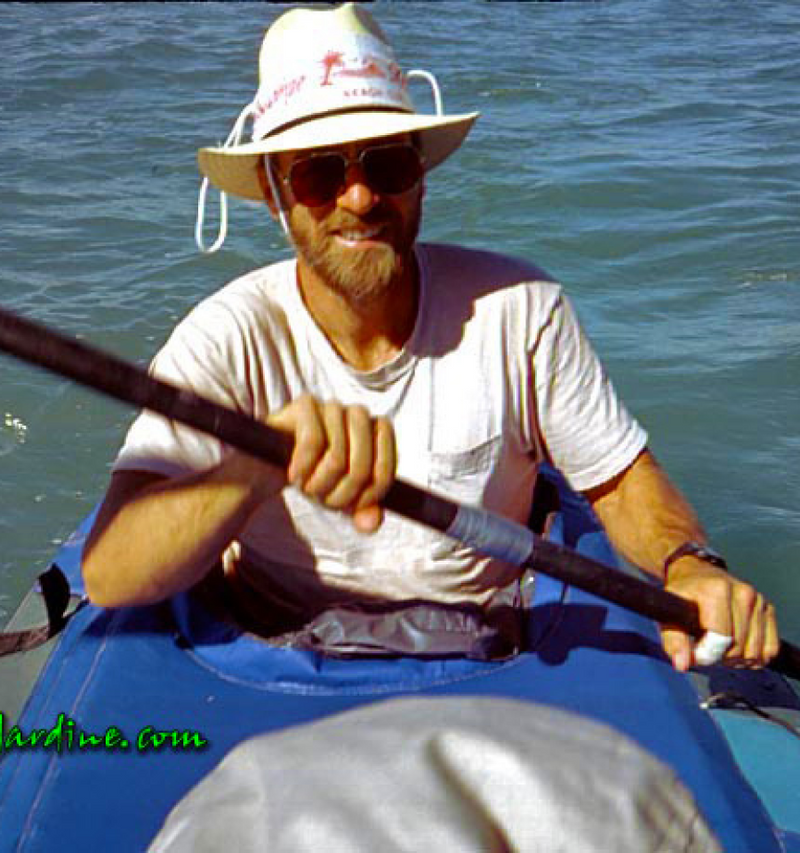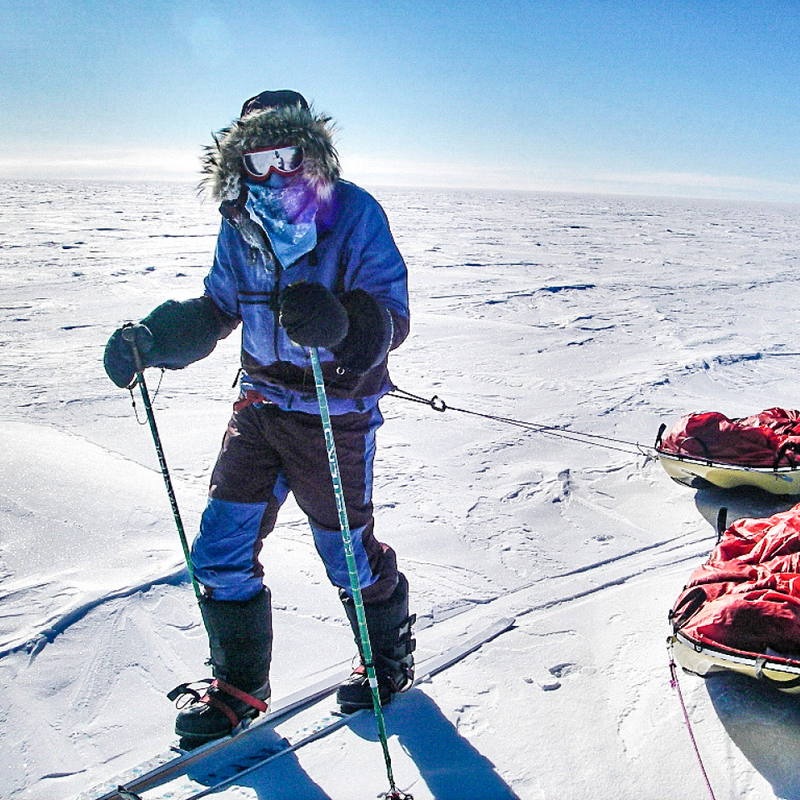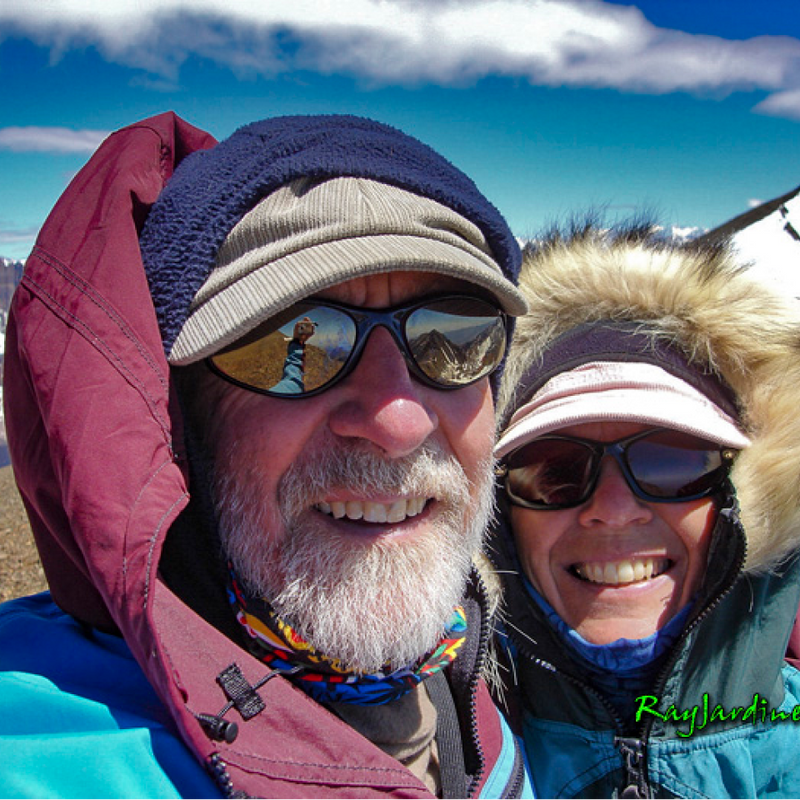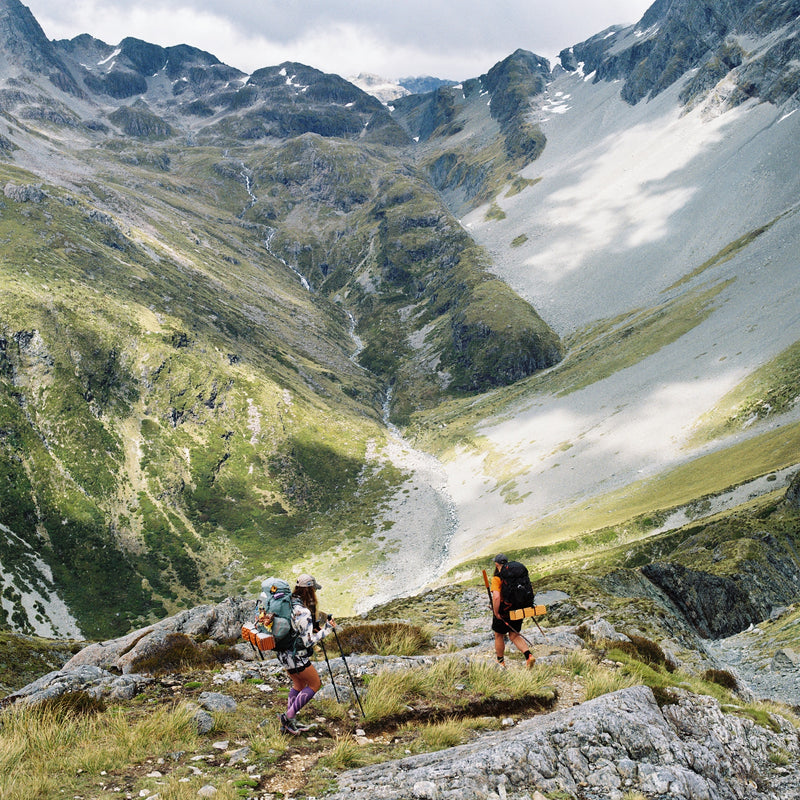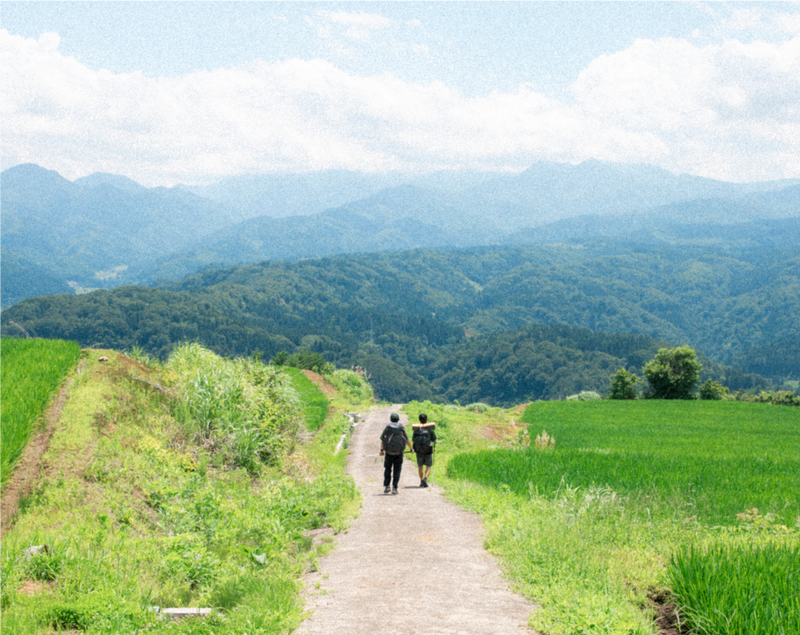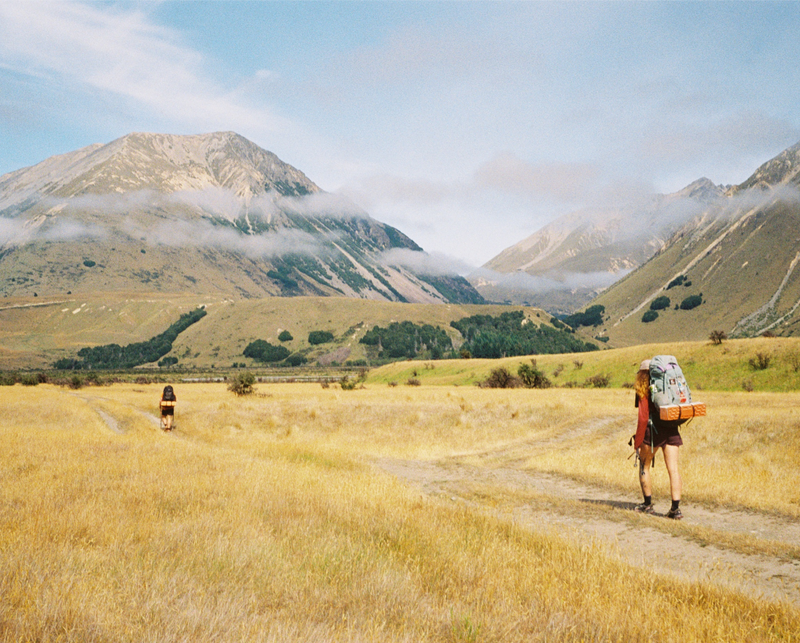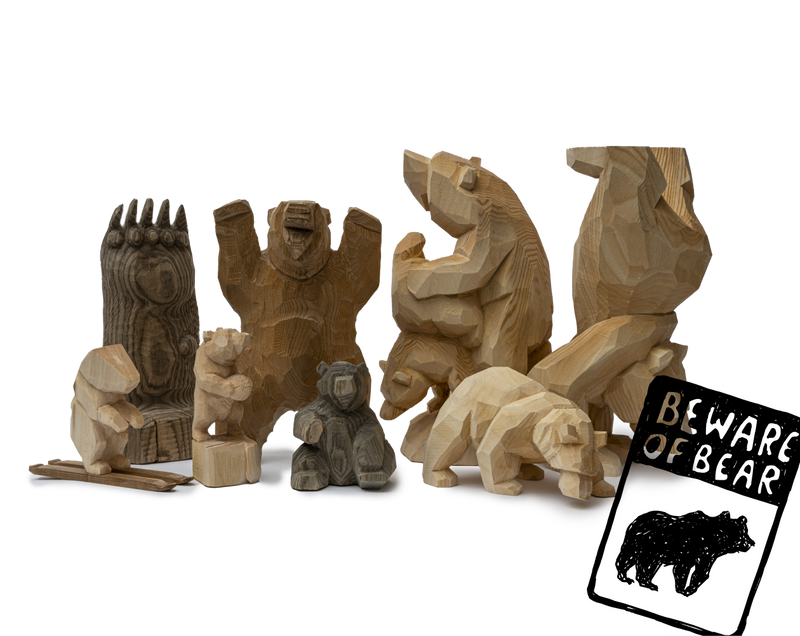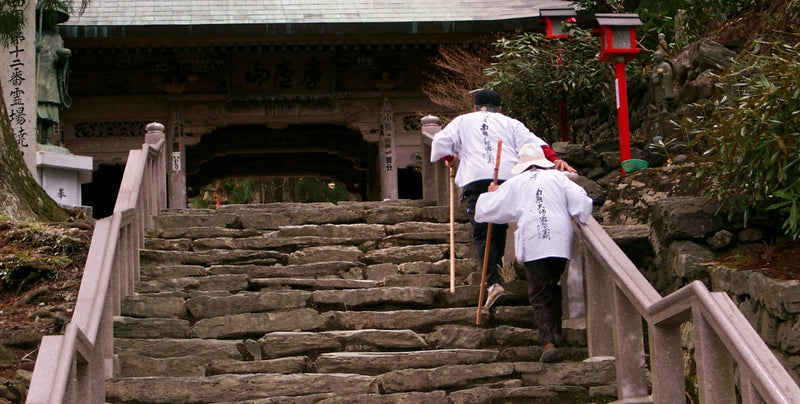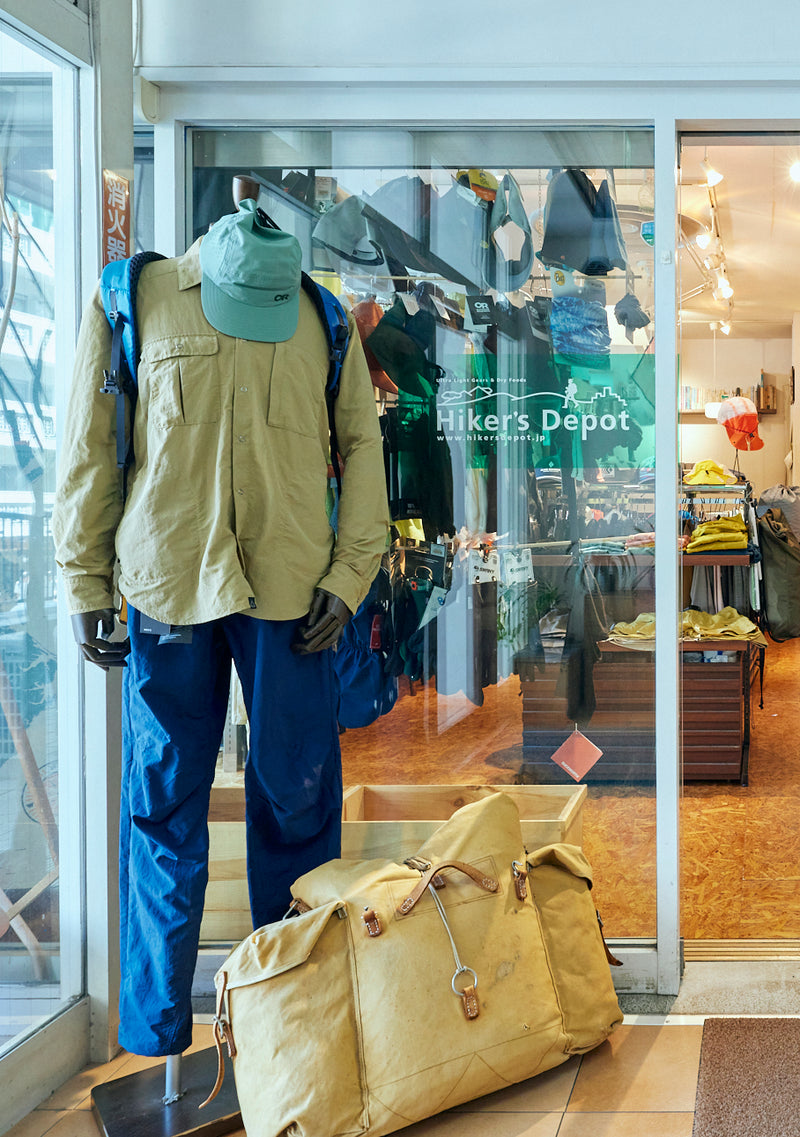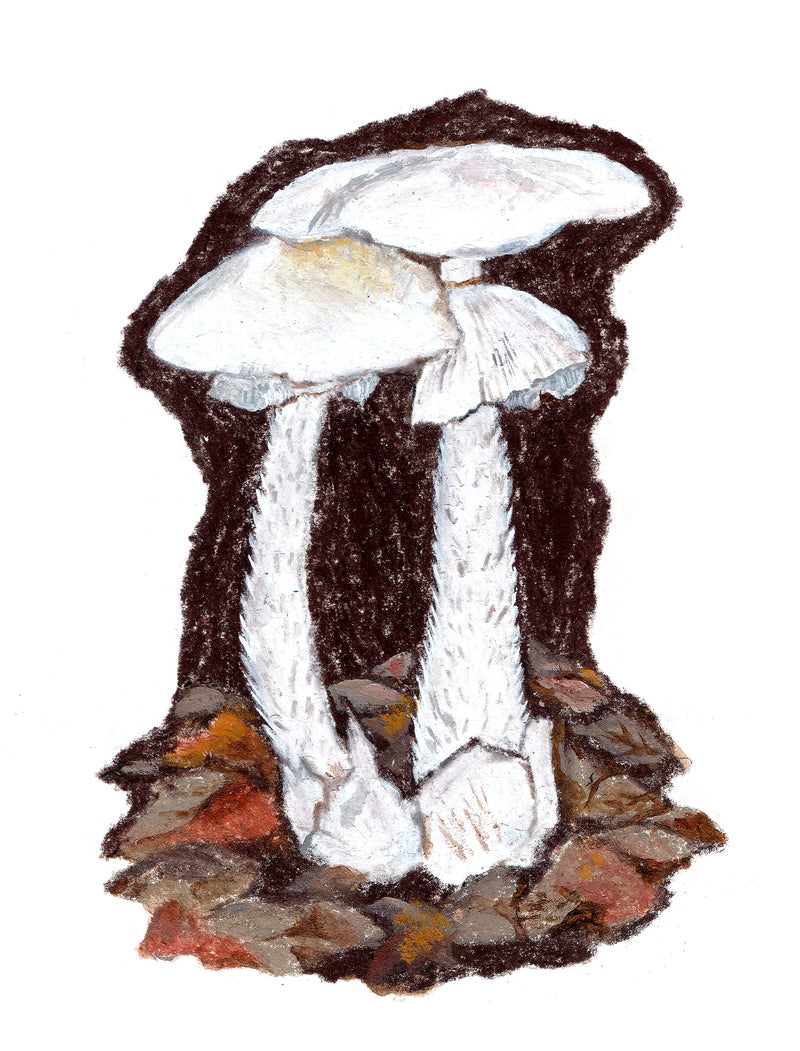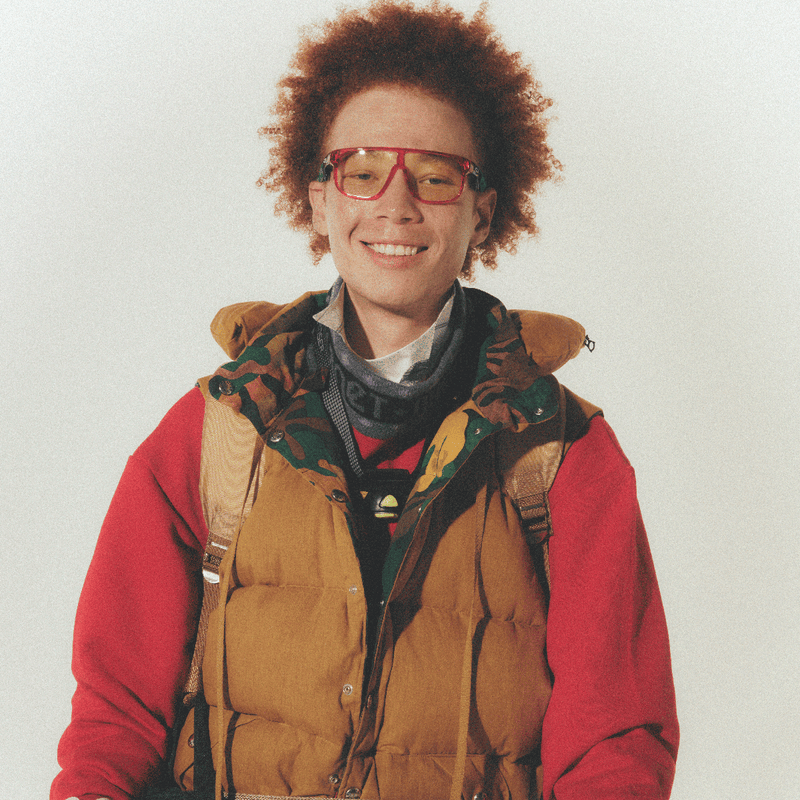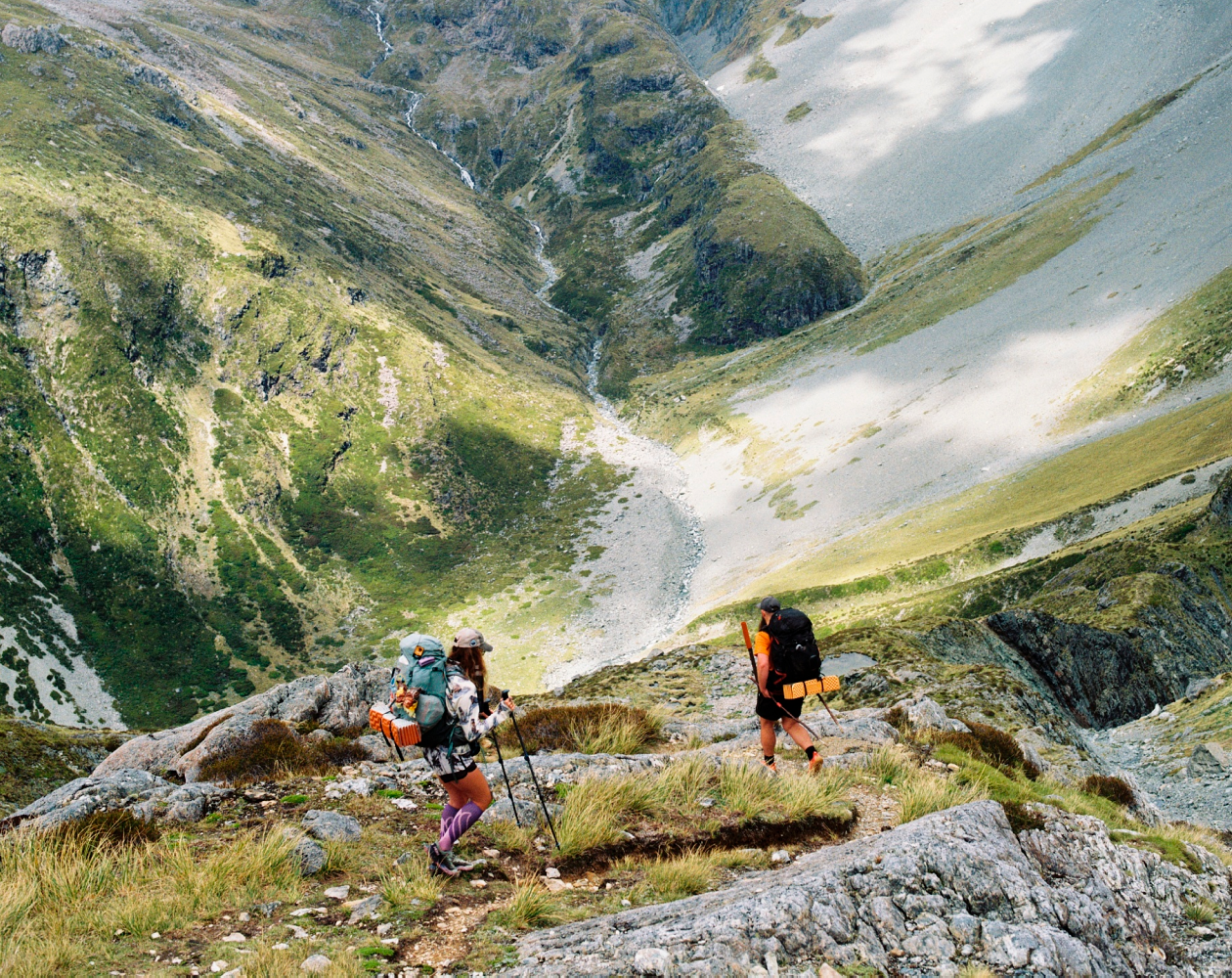
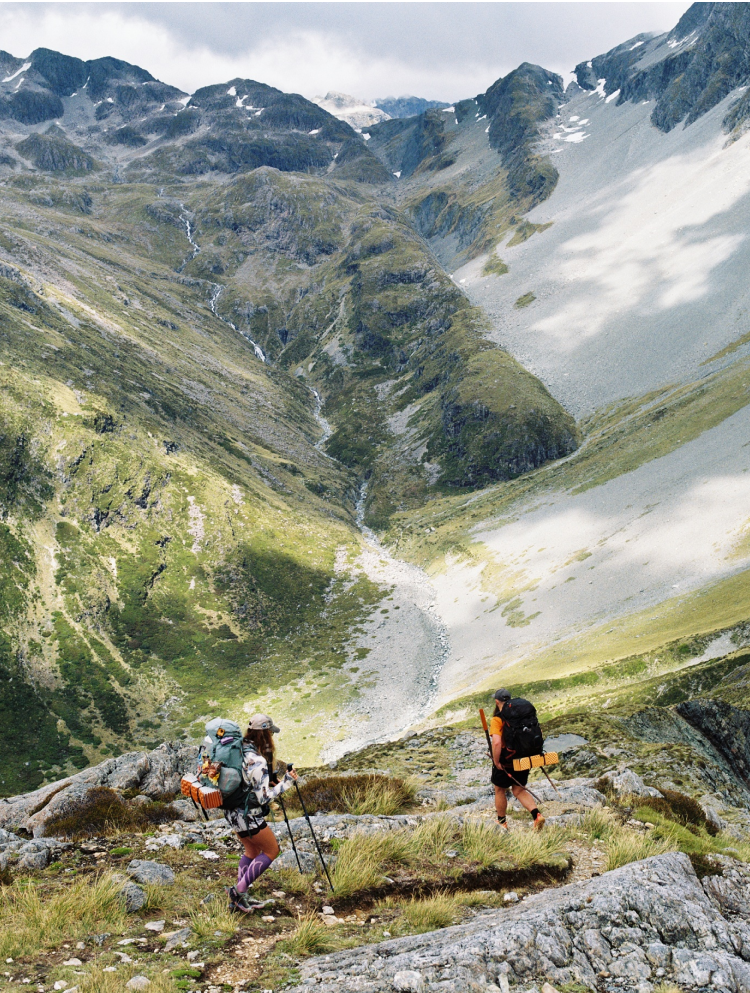
HANG OUT VOL.1 LONG TRAIL
Ray Jardine: What's interesting about long trails?
What is so fun about long trails? You leave the city where you have been promised a comfortable life, throw yourself into nature, and continue walking hundreds or even thousands of kilometers on unfamiliar roads. At first glance, it may sound like a "harsh long journey," but it is true that there are hikers all over the world who are fascinated by long trails. What awaits you at the end of this long journey? To find the answer, we interviewed legendary American hiker Ray Jardine. With the words of the man known as the father of UL, we have considered the fun of long trails in our own way.
PROFILE
Ray Jardine
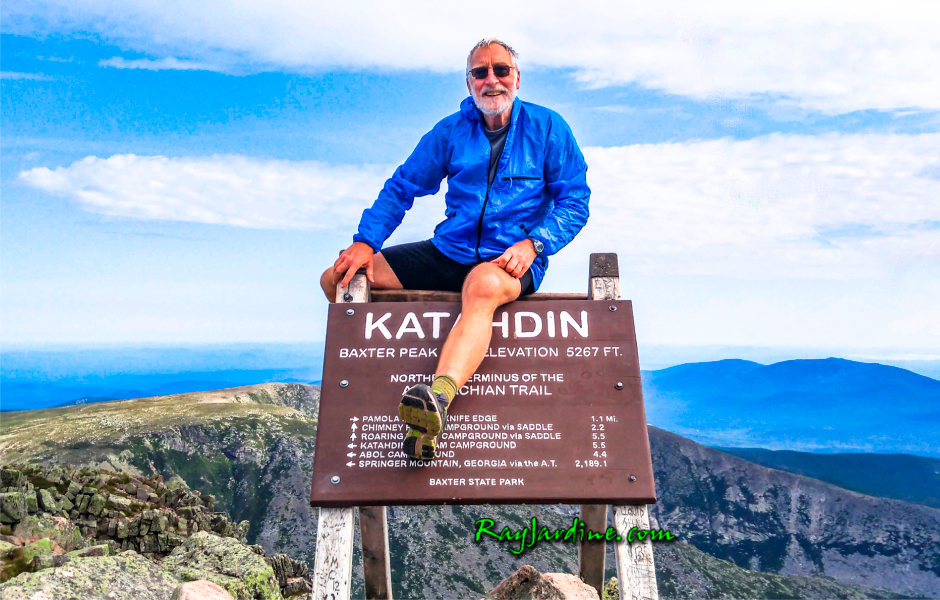
Born in the United States in 1944. He started climbing at the age of 19, and in the 1970s, he became the first person in the world to successfully free climb The Phoenix Route in Yosemite. In the 1980s, he became interested in long-distance hiking, and completed the three major trails in the United States. His book "Beyond Backpacking," based on those experiences, created the culture of UL (Ultra Light) and MYOG (Make Your Own Gear), which are still popular today.
Primitive living awakens your true self.
"I feel lonely," "I want to continue traveling," "It's already over..."
When we asked experienced long-trail runners we met through this feature how they felt right after they reached the finish line, they said the following. Surprisingly, the moment you complete the journey you set out to, you feel more nostalgia than a sense of accomplishment. In terms of long-distance travel, it seems similar to marathons and trail running, but the goal of these sports is to run a set distance within their respective target times. There are probably very few runners who think, "I want to run another 10km" after completing a full marathon.
"When you thru-hike the entire trail, you gradually become accustomed to the sounds of nature, something that day hikers or weekend hikers can't reach. Over time, you start to feel a connection with nature and the wildlife. On my fifth thru-hike, we passed through a herd of elk, and they didn't run away from us; they seemed to accept us. I felt closer to the wildlife. At times, I felt like I was one with them, and they accepted us."
Perhaps it's a sense of naturalization. Humans once lived in nature. They built houses out of wood, made fire by rubbing branches together, and made weapons for hunting out of stones. It was a primitive lifestyle that seems inconvenient in this modern age of advanced civilization. However, Ray describes himself as "his true self" when he encountered the elk. He said he felt like he had come closer to his primitive ancestors.
"Thru-hiking is like day biking, but without the need to return home or a lodge every night. You hike during the day, pitch a tent before dark, spend the night, and in the morning you pack up your tent, put on your backpack, and hit the trail again. There's no tedious drive back home, no highway traffic, and no gas costs. Thru-hikers walk, sleep, and wake up on paths inaccessible by car, and wake up in special places that can only be reached by foot. What's not to love about that?"
The reason he is fascinated by long trails may be because they bring him closer to what it means to be a human being, and because they allow him to experience the extraordinary as if it were a part of everyday life.
A breathtaking view that can only be reached by a long trail.
No matter how primitive the experience on a long trail, I want to use modern equipment. The functionality of outdoor gear is the crystallization of human wisdom. In his book "Beyond Backpacking," Ray advocates the wonderfulness of connecting with nature with lightweight and simple equipment.
"If you're not comfortable, you're not going to enjoy the outdoors and you're not going to come back from it. If you're hiking a long, steep climb, comfort comes from pre-hike training, keeping your backpack weight down, and hiking pace. If you're hiking in the rain, comfort comes from proper rain gear and a calm mindset that the rain is what sustains all life."
Strong winds, thunderstorms, and sometimes hail. A thru-hike is a series of unexpected events. It is the difficult times that test a person's true worth. However, careful preparation and enough sleep will bring a brighter day. And beyond those challenges, a breathtaking view may be waiting for you.
"There was an incident that I remember like it was yesterday. I was getting my beard shaved and all of a sudden 60 elves ran past me. The force and impact was just like, 'Wow!' At that moment, I asked myself, what have I been missing out on all this time? I learned not to take things for granted in life."
Astronaut Alan Bean, who landed on the moon as part of the Apollo 12 mission in 1969, was struck by the astonishing beauty of Earth compared to the barrenness of the moon during his return journey, and was quick to say, "We live in paradise."
Perhaps something similar can be said about thru-hiking. There are certain views that can only be seen by getting away from your everyday life and immersing yourself in nature. As Ray says, these are views that cannot be seen on a day hike.
Let go of your fears and embark on a journey.
When we set out on a long trail, we Japanese face the hurdle of being "office workers." After all, Japanese people are hard workers. Or rather, the act of taking a long break may make us feel socially lonely. But Ray says this. The fear of difficulties comes from a lack of strong determination, regardless of nationality or race.
"Someone who is fully committed to a goal will find a way to overcome obstacles of time and money. Such passion will allow them to achieve their goals because they will abandon their routine, make necessary sacrifices and overcome obstacles in their way. Determination requires the courage to overcome the fear that it won't work out. We humans are more capable than we realise. It's not about charging headfirst into difficulties, but the confidence that we can handle unexpected problems. Long trail hikes aren't for everyone. For some people, staying at home playing games, scrolling social media or watching TV is the way to go. And if that's you, that's fine."
If you want to reset your daily life, broaden your horizons, or change something, even if it's vague, I recommend going on a long trail. I myself only went on a three-day, two-night trip for this feature. For those with experience, it was just a small taste of what it's like, but I still discovered something.
The preciousness of the flowers that sprout in the mountains, the strength of the beech trees, the beauty of the sunset over the marshland. In terms of everyday life, I was once again impressed by the environment where I can spend my time in an air-conditioned room, take a shower every day, and drink cold beer. By breaking away from the "ordinary," this trip allowed me to experience a side of nature that I had never noticed before and to appreciate the convenience of city life.
I also learned about various ways to enjoy long trails. The main writer for this feature regularly takes about 10 days off and enjoys section hiking, walking several sections of the trail. Meanwhile, a certain experienced hiker told the writer that the best part of long trails is thru-hiking. In my case, I think it's the former. I can't take more than 10 days off.
Finally, Ray gave us some words of advice for people who are thinking about walking a long trail. If you are feeling lost in life, I want you to remember these words.
"Just follow your dreams!"

